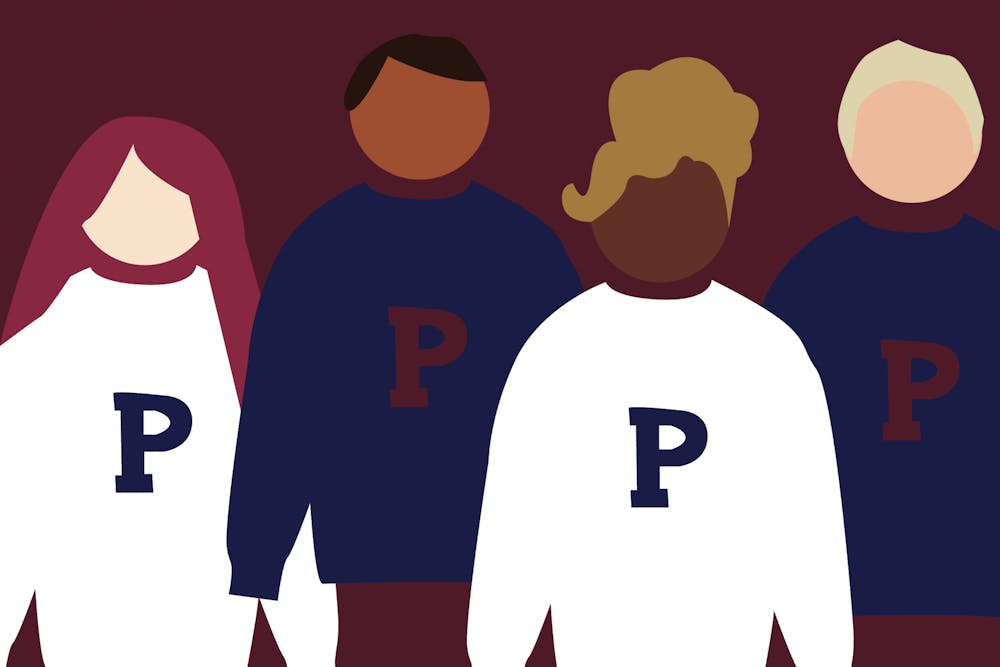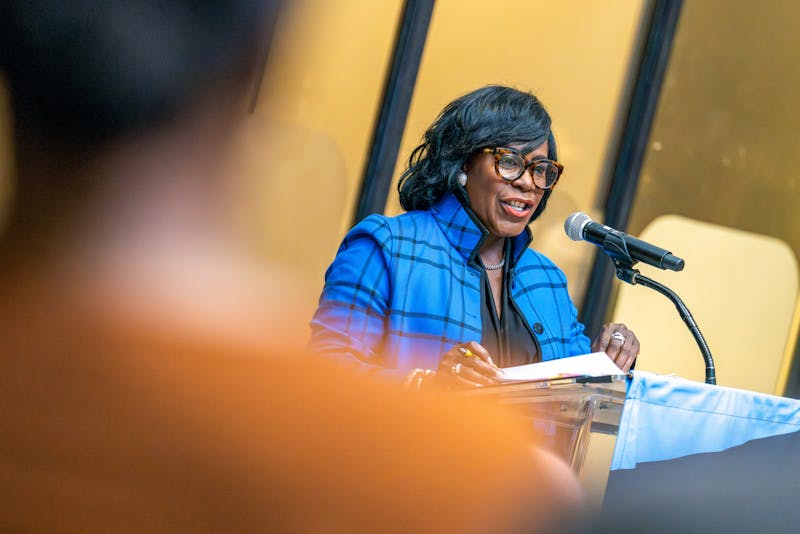
Earlier this week, Penn announced that it would cancel classes on three individual days during the spring semester. Professors will not be allowed to hold any form of classes nor give any type of assessment on these days. This decision reversed an earlier one where the only days off would come from a two-day spring break, much to the frustration of Penn's student body.
Notably, Penn President Amy Gutmann and Provost Wendell Pritchett wrote in the email announcing the decision that "we have heard your concerns about creating a shorter spring break in 2021" and "we are grateful for all the constructive engagement [surrounding spring break]." While these words may come off as meaningless platitudes to some, Penn has an opportunity to make good on them. Thus, Penn should take a cue from the recent events surrounding spring break and put greater emphasis on student and faculty feedback when making important choices.
Over the past semester, the University administration has made a number of decisions that have been met with widespread backlash from the Penn community. Beyond the spring break fiasco, the University has denied requests to extend the pass/fail deadline, rejected a widespread plea to cancel classes on Election Day, and refused to give students any sort of fall break. Arguably most troubling about these decisions is that some of them, such as the choice not to give Election Day off, were made under faulty premises. However, the University has a chance to prevent these mistakes in the future. Through listening to student voices on cultural houses, police defunding, and PILOTs, Penn can show its student body and the University community as a whole that it cares.
The dueling stories on the status of cultural houses and PILOTs offer a cautionary tale on how the University fails to genuinely listen to student voices. First, with the cultural houses, members of the 6B, Penn's main minority coalitions, have for years put pressure on the University to find more meaningful spaces for minority groups on campus. However, when the University finally responded, many argued that Penn's proposed relocation constituted a half-measure, rather than a genuine answering of activists' pleas. With regards to PILOTs, more of the same: years of University inaction on the issue, followed by a donation, that while substantial, failed to address the central issue.
The case of police defunding illustrates a more recent example on how the University has failed to meaningfully respond to calls for change. Over the summer, as widespread protests on police brutality and racism swept the nation, the student group Police Free Penn demanded the abolition of Penn's police department. While Penn did commission a panel to review the status of the University's Division of Public Safety, such a panel has failed to announce any meaningful recommendations in the six months since it was announced. Moreover, the Division of Public Safety has remained silent on allegations of profiling and abuse by Black students.
The problem of Penn's inaction extends far beyond one semester, issue, or student group. On perpetual issues ranging from the status of cultural houses, to police defunding, to PILOTs, Penn has failed to listen to the voices of its community members. Fortunately, the decision surrounding spring break offers a better path forward.
Editorials represent the majority view of members of The Daily Pennsylvanian, Inc. Editorial Board, which meets regularly to discuss issues relevant to Penn's campus. Participants in these meetings are not involved in the reporting of articles on related topics.
The Daily Pennsylvanian is an independent, student-run newspaper. Please consider making a donation to support the coverage that shapes the University. Your generosity ensures a future of strong journalism at Penn.
Donate






